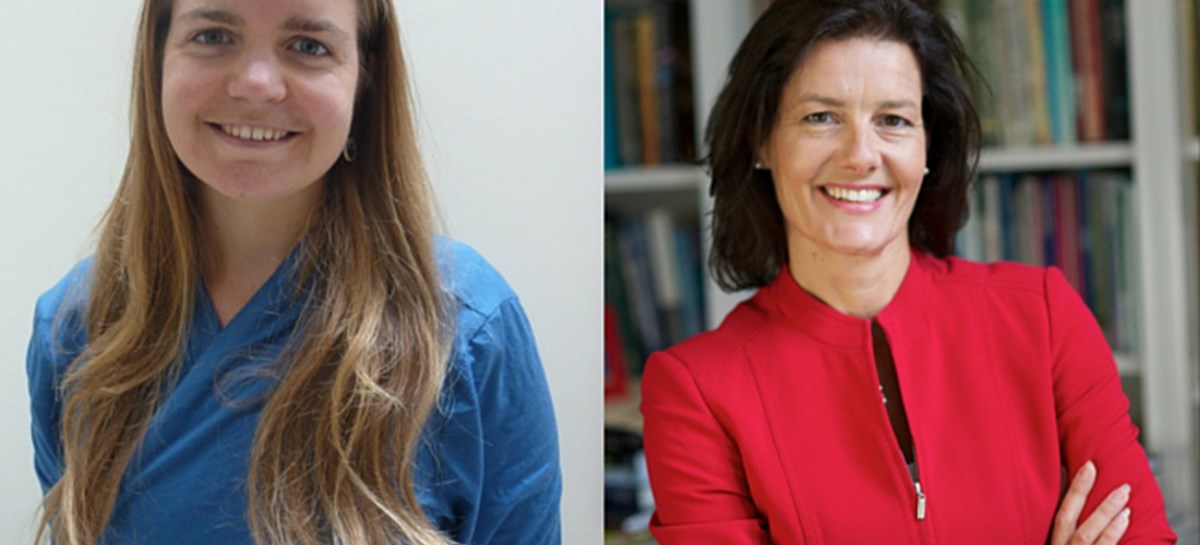
Effective Leadership in International Organisations
Good leadership is essential for international institutions to operate effectively – whether it’s for urgent actions like controlling pandemics or for routine agreements like ensuring mail is delivered across countries. Leaders of international organisations have to deal with major and complex global challenges. Take the Ebola outbreak: the director general of the World Health Organisation, Margaret Chan, came under fire for her organisation’s slow response to a major humanitarian crisis. Although it’s imperative to find an experienced, competent leader, too often the recruitment process for executive heads of international organisations is neither transparent nor meritocratic. Rather, we often see governments selecting politically convenient candidates to place in the top position. Moreover, the leader ends up with an undefined role, is not held accountable for their performance or ethical behaviour, and can be influenced by powerful member states.
Our new report, ‘Effective Leadership in International Organisations’, looks at this problem. The report examines 11 international organisations for best leadership practices. The organisations are: the African Development Bank, the Asian Development Bank, the European Bank for Reconstruction and Development, the Inter-American Development Bank, the International Organisation for Migration, the International Monetary Fund, the World Health Organisation, the World Trade Organisation, the World Bank, the United Nations Development Bank and the United Nations High Commission for Refugees.
The report identifies seven best practices in leadership at the executive head level:
- Selecting and re-electing leaders on merit
- Holding leaders to account for their individual performance
- Setting and evaluating ethical standards of leadership
- Developing and retaining talent with the organisation
- Enabling the leader to set strategic priorities
- Engaging with a wide range of stakeholders
- Evaluating independently and effectively the organisation’s performance
The good news is that while these practices are rare, they are becoming more common. Take the first practice: states should search for candidates with specific, relevant competencies and test these against clearly defined criteria through an inclusive, exhaustive process. Since 2009 the managing director of the International Monetary Fund has been evaluated annually by the board, based on agreed performance objectives. The managing director also assesses the executive board’s performance. UN Secretary General Ban Ki-moon established senior managers’ compacts for many senior UN officials in 2008. These outline the roles of UN department heads, who must report on how they are spending their budgets according to programme objectives. UN heads are also reviewed on how well they promote gender diversity.
The report also demonstrates best ethical practices to ensure heads of international organisations are held to account for their decisions and behaviour. While most international organisations have a code of ethics which all staff are required to follow, not all are public nor are they formally monitored or enforced. Increasingly, though, organisations must require disclosures of conflicts of interest, and financial assets. The report highlights the practices of the African Development Bank which has an organisation-wide whistle-blowing policy, anti-corruption and fraud framework, and an office to investigate disclosures. It also commends the UN, where all senior officials must file an annual financial disclosure statement with the UN Ethics Office. It explains that ‘those who do not are charged and may be penalized by the UN’s Department for Administration and Management. The UNDP Administrator and the UN High Commissioner for Refugees have voluntarily disclosed their assets and made them available on line.’ However, these organizations are the exceptions – most leaders do not disclose their financial assets. These examples indicate what has been achieved and how far there is to go.
The report comes at a critical time: states will select a new secretary general for the UN in 2016. States in the General Assembly are currently debating how to reform the selection process and, spurred by the ‘1 for 7 billion’ campaign, there is widespread demand for a more open and transparent process. The report declared that
Good leadership in international organisations could make a huge difference in the way issues such as climate change and poverty reduction are tackled. It’s vital that leaders are chosen and operate within a clear, independent and transparent process – with this report we highlight the best practices across institutions that can help achieve that.
The research was carried out over 18 months by a team of six researchers and in liaison with the World Economic Forum’s Global Agenda Council on Institutional Governance Systems (2012–14). The research team conducted interviews with executive heads, senior managers and experts of international organisations and consulted publically available material. The report was published by the World Economic Forum and the Blavatnik School of Government.
Dr Nina Hall (New Zealand & St Antony’s 2009) read for a DPhil International Relations at the University of Oxford and is currently a post-doctoral fellow at the Hertie School of Governance, Berlin. Professor Ngaire Woods (New Zealand & Balliol 1987) studies an MPhil in International Relations. Ngaire is a Rhodes Trust trustee and is the inaugural Dean of the Blavatnik School of Government and Professor of Global Economic Governance.